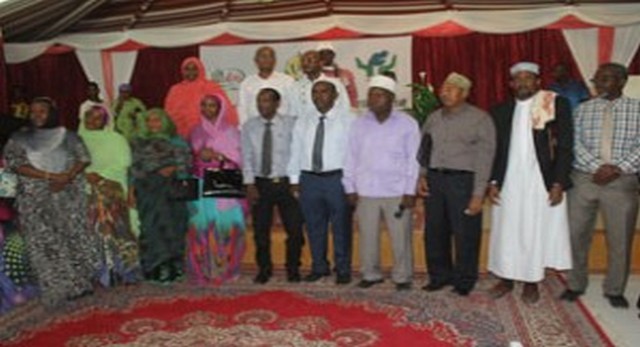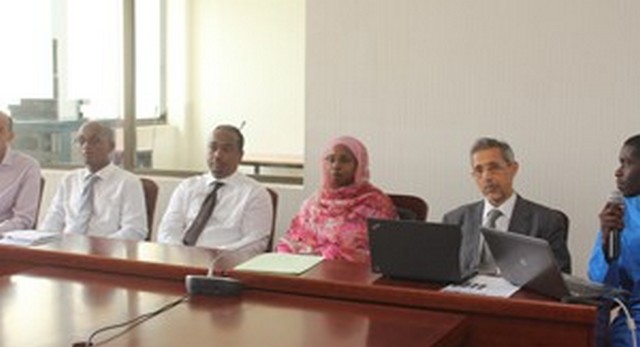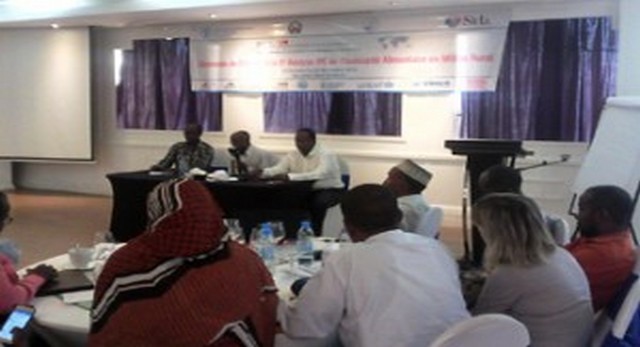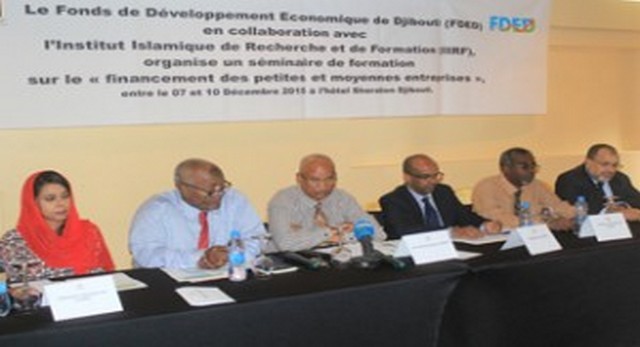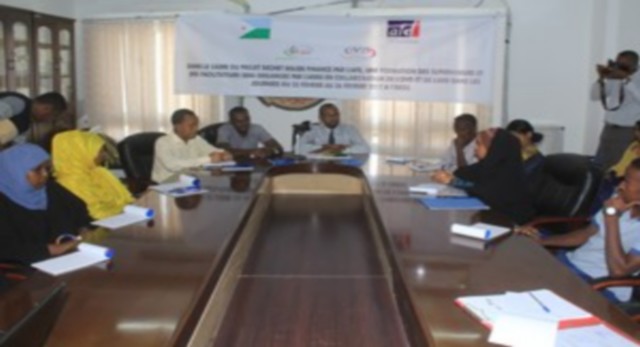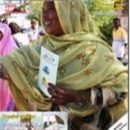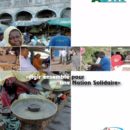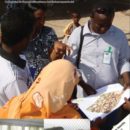A better understanding of the national context
The 5th National Workshop for training and analysis on the integrated framework of food security classification better known by the acronym IPC, opened on Monday 19 October at the Institute of Diplomatic Studies (FDI). This training session, which it will continue until October 27th, brings together international and national experts in health food analysts.
The representative of FAO in Djibouti and with the IGAD, Emmanuelle Guerne-Bleich, and the Director of Agriculture and Forestry, Ministry of Agriculture, Ahmed Mohamed Ali, jointly presided last Monday, in the premises of the Institute of Diplomatic Studies (FDI), the opening of the workshop on the integrated framework of food security classification, better known by the acronym IPC.
The initiative involves, besides the Ministry of Agriculture and FAO, the Ministry of Health, UNICEF, WFP, the executive secretariat in charge of the management of Risks and Disasters (SEGRC), the Djibouti Agency Social Development (ADDS), the center of studies and research Djibouti (CERD), and direction of statistical and demographic studies (DISED).
Over a period of 9 days, the sitting will be followed by another on version 2.0 of the IPC tool. Both training sessions are intended for national analysts, members of the technical working group (TWG), representatives of prefectures and local representatives of the five regions of the interior.
Both the others are called to address various topics with an expert appointed by the IPC Global Support Rome, the regional offices of FAO and WFP. This is to establish through this analysis of acute food insecurity for the period from October to December 2015 in Djibouti, based on the methodology of the Integrated Framework for Food Security Phase Classification (IPC) .
Incidentally, the CPI was introduced in the Republic of Djibouti in 2011. Remember also that it is a reference tool in describing the nature and severity of food insecurity.
This shows the interest of the training session that continues within the Institute of Diplomatic Studies. It aims to update the food insecurity map of the country, developed in December 2011 during a previous analysis workshop. From a technical perspective, this card establishes a common classification of severity and causes of food insecurity in Djibouti while improving the collection of data in an inclusive manner. This overcomes the risk of disaggregation.
On the socio-political, CPI offers government authorities a better visibility of the current situation. In the light of the information available, the authorities can take the necessary measures and ensure quality development projects in order to strengthen food security at the national level.
The implementation of the CPI is crowned by analysis on the level of acute food insecurity in rural areas. This report is compiled annually since December 2011. The exercise is under the supervision of the Ministry of Agriculture. It mobilizes all institutional actors involved in the food and nutrition security in the Republic of Djibouti.
N. Kadassiya

